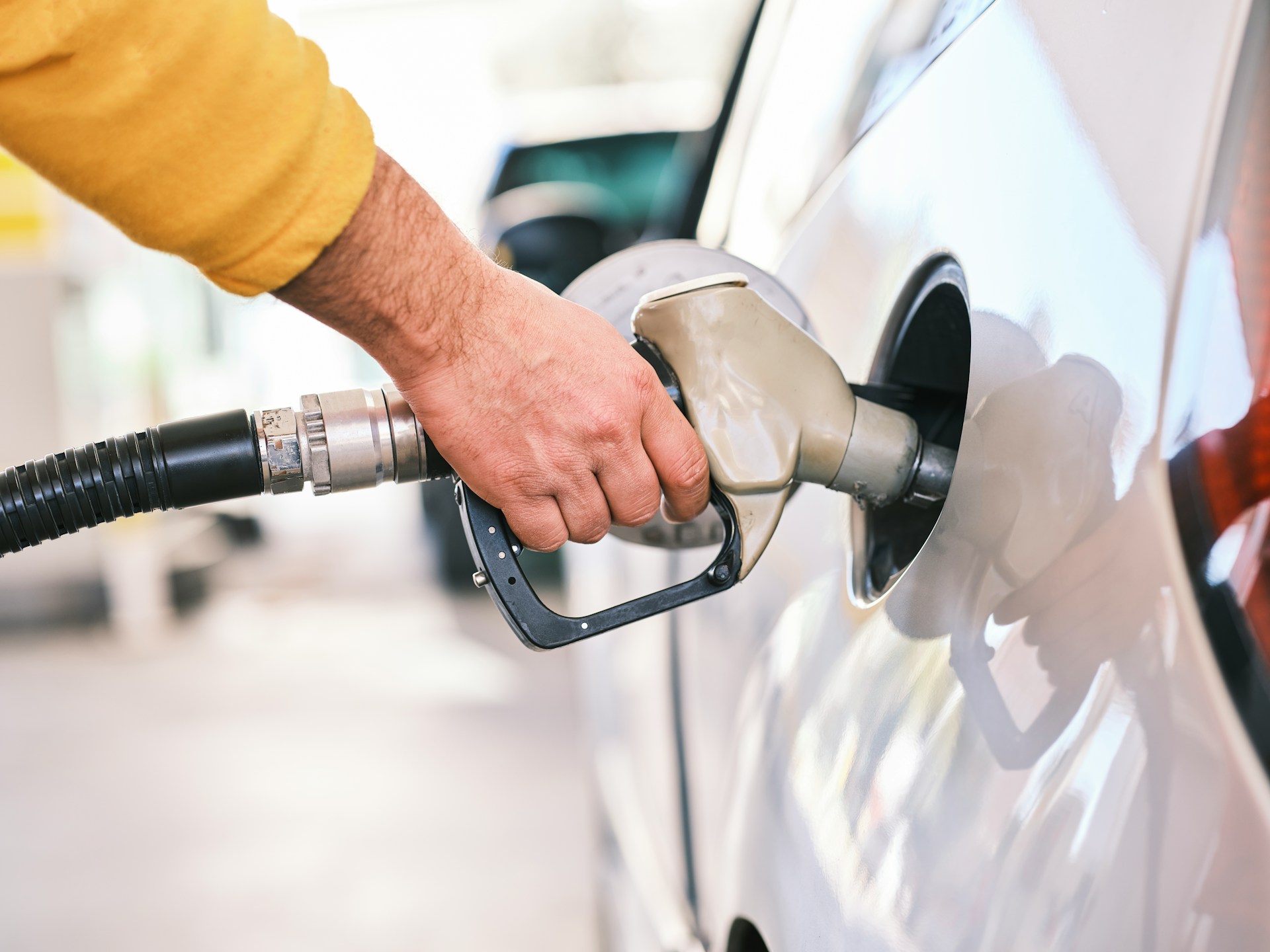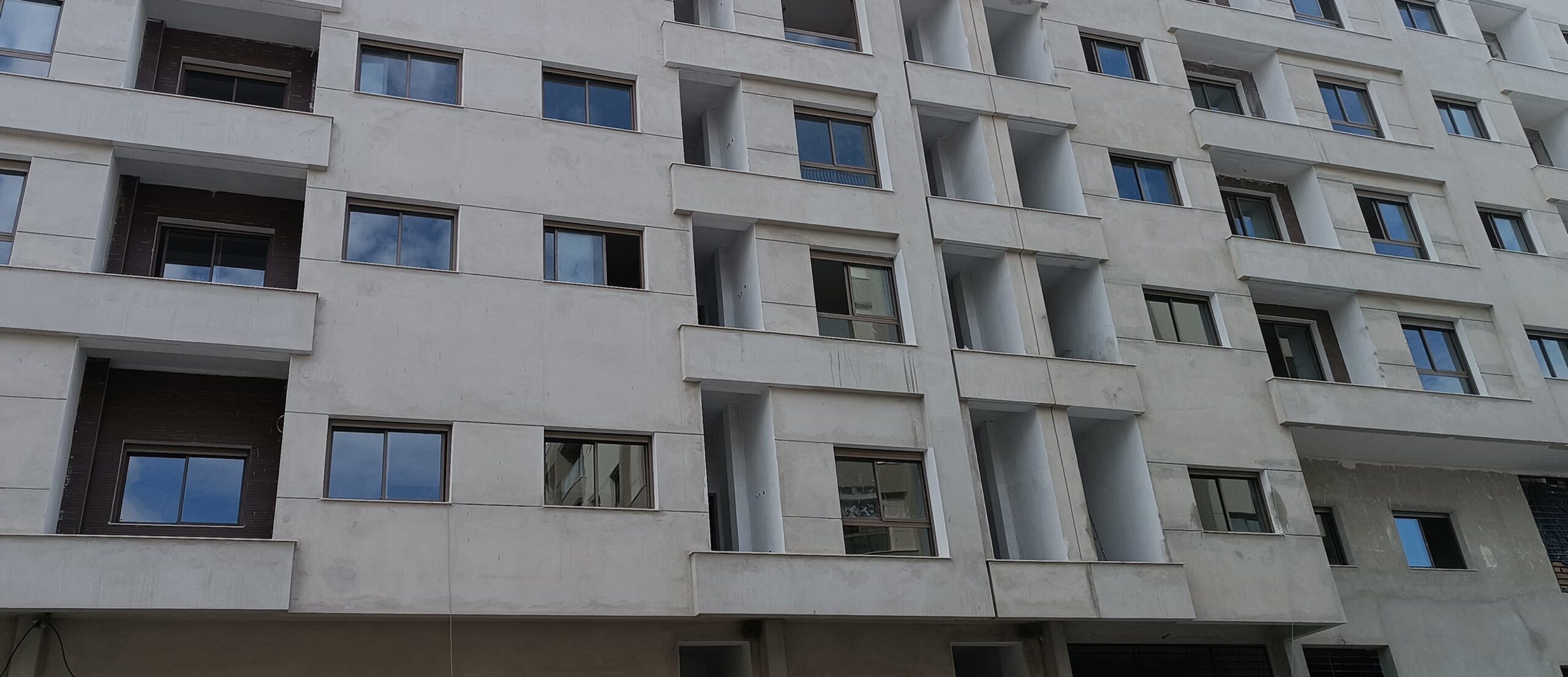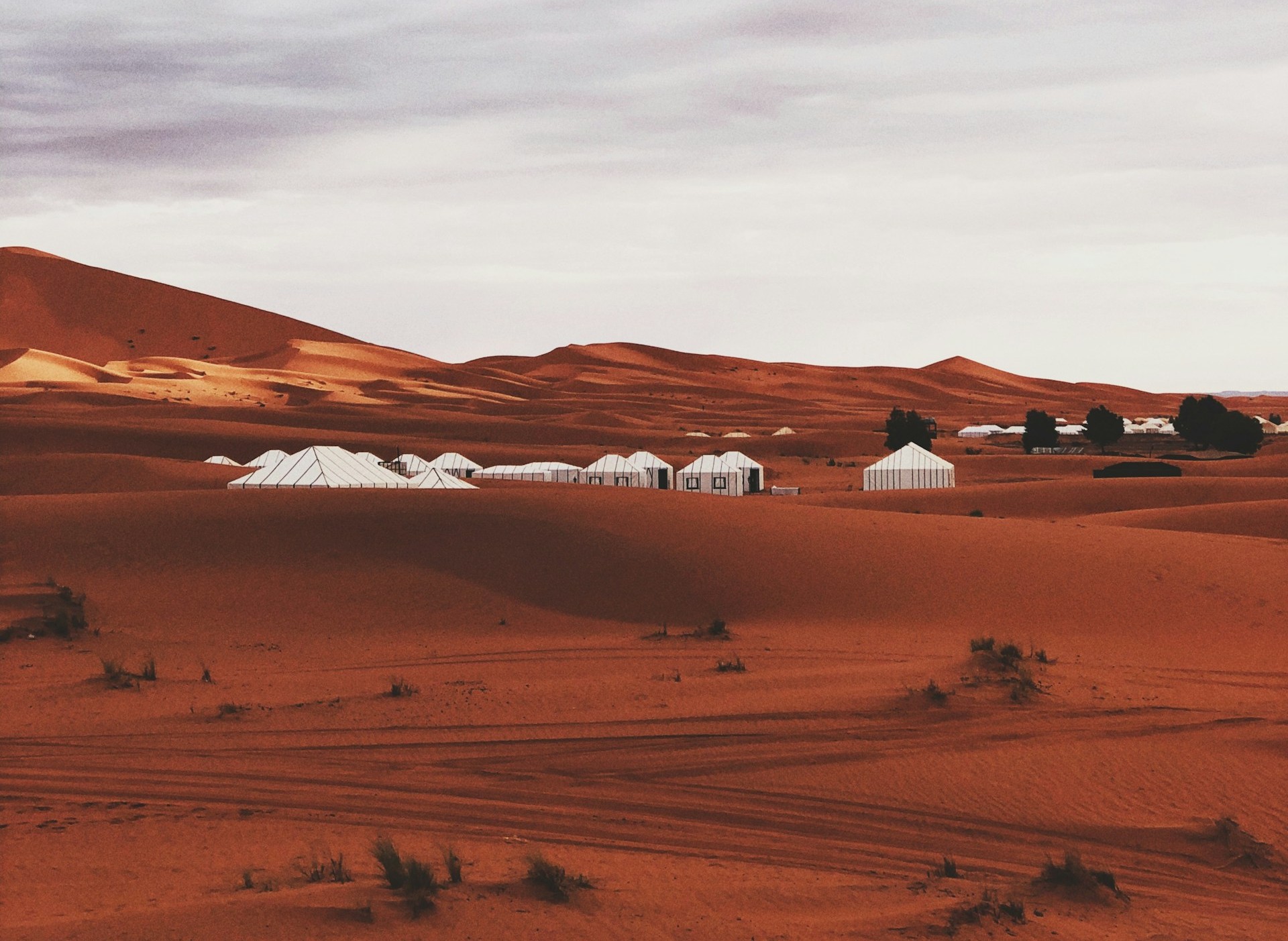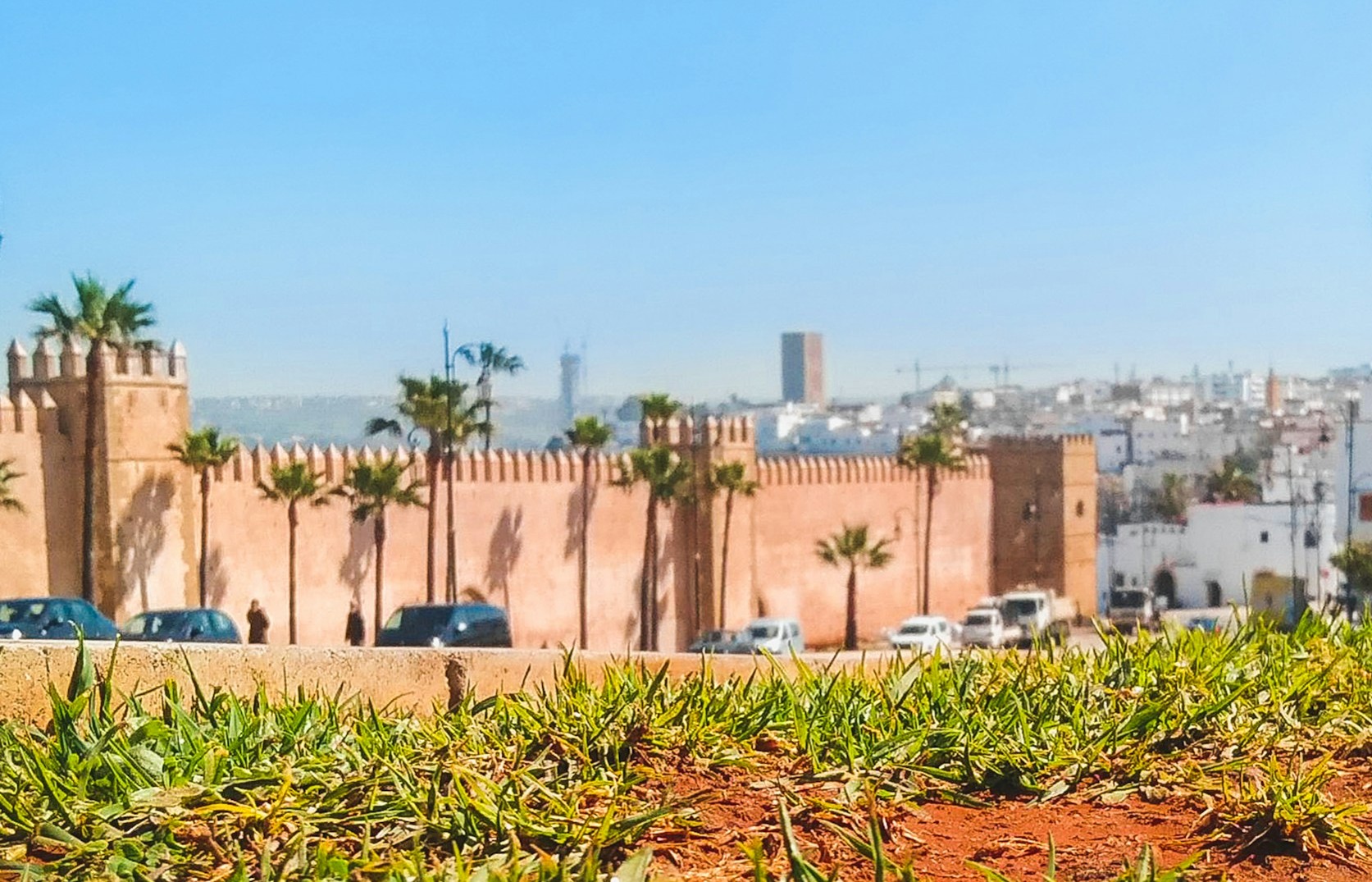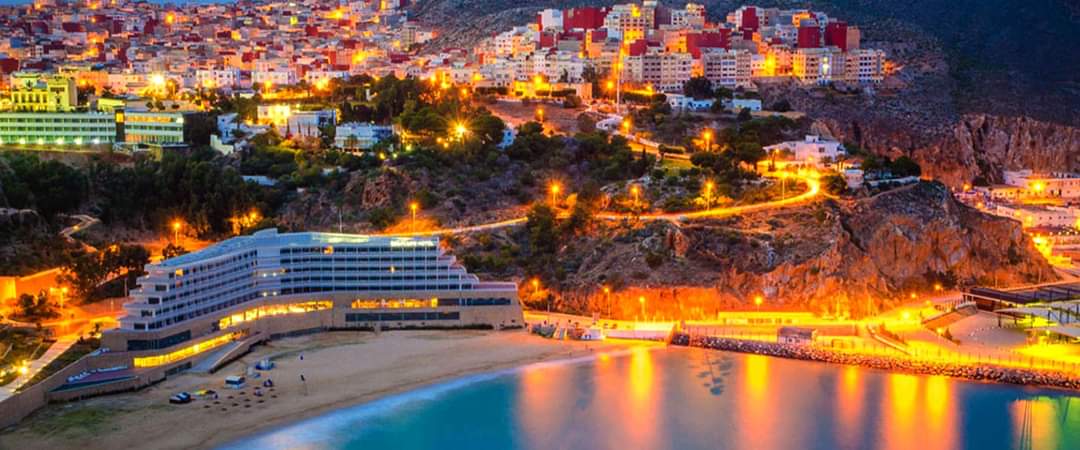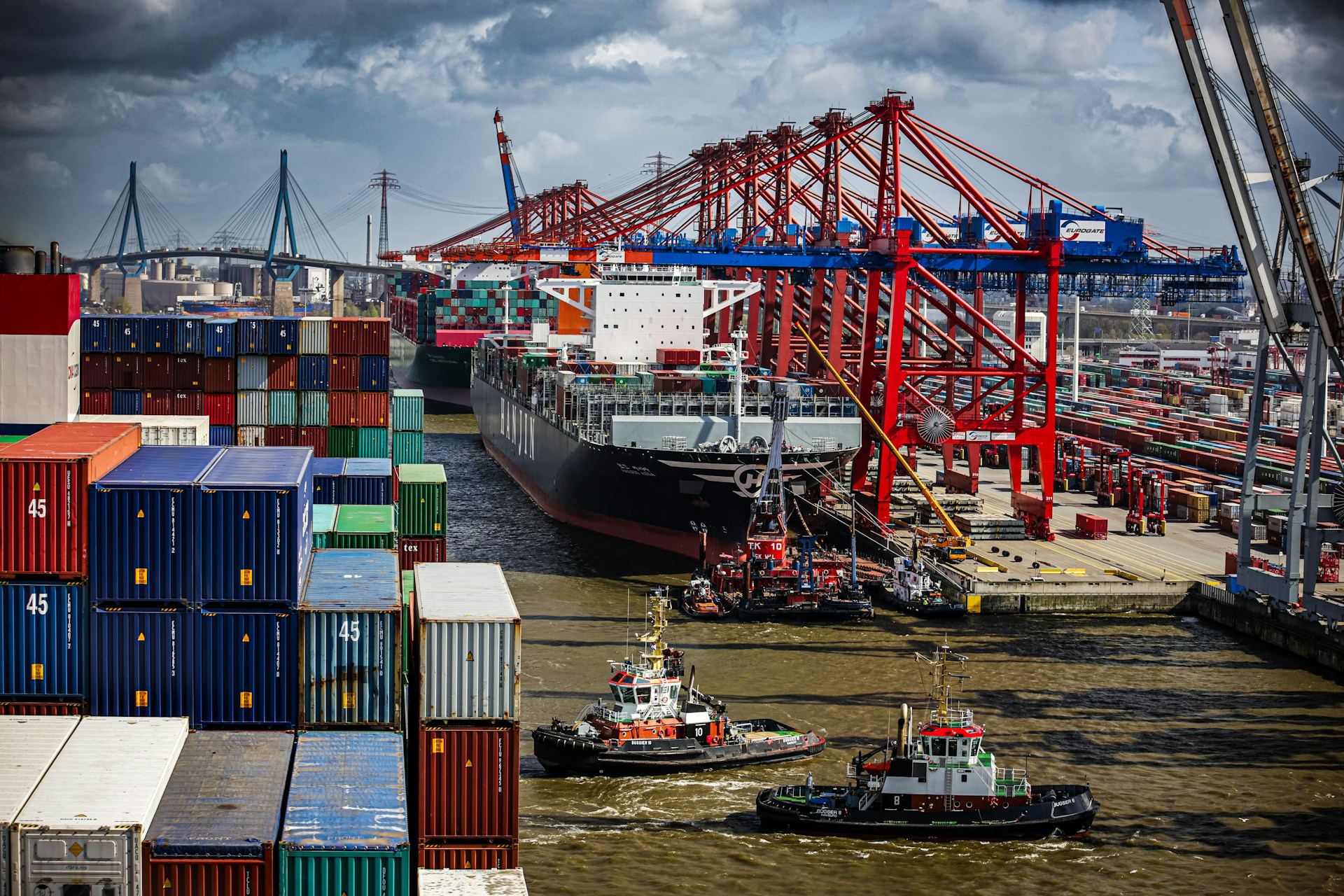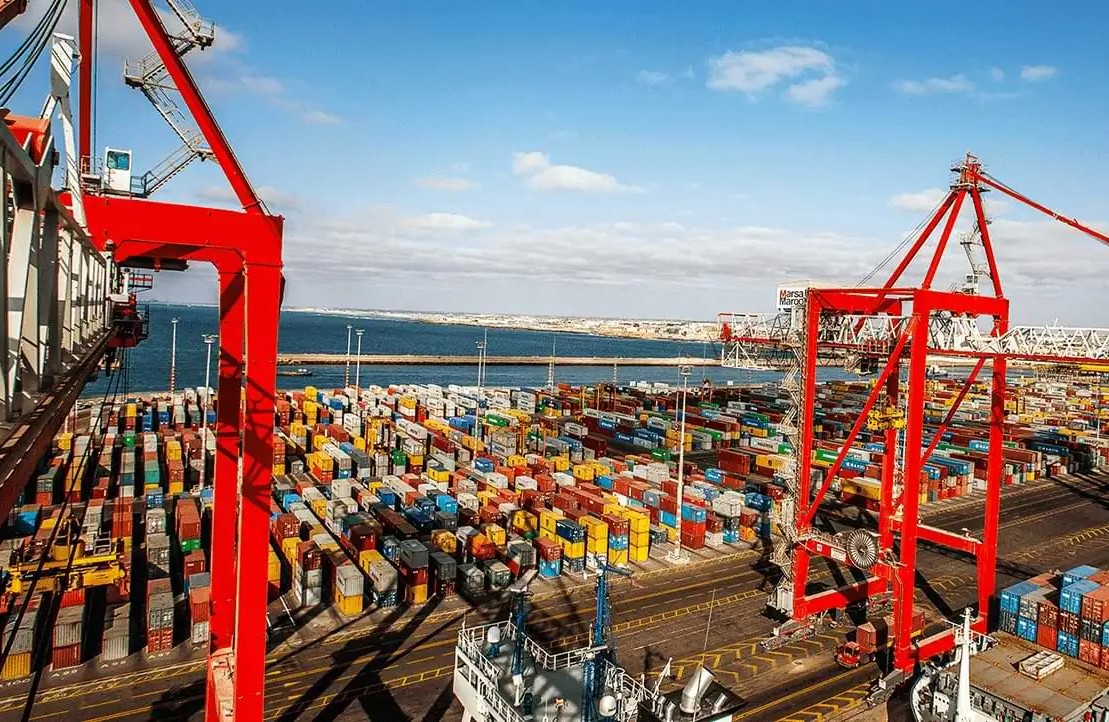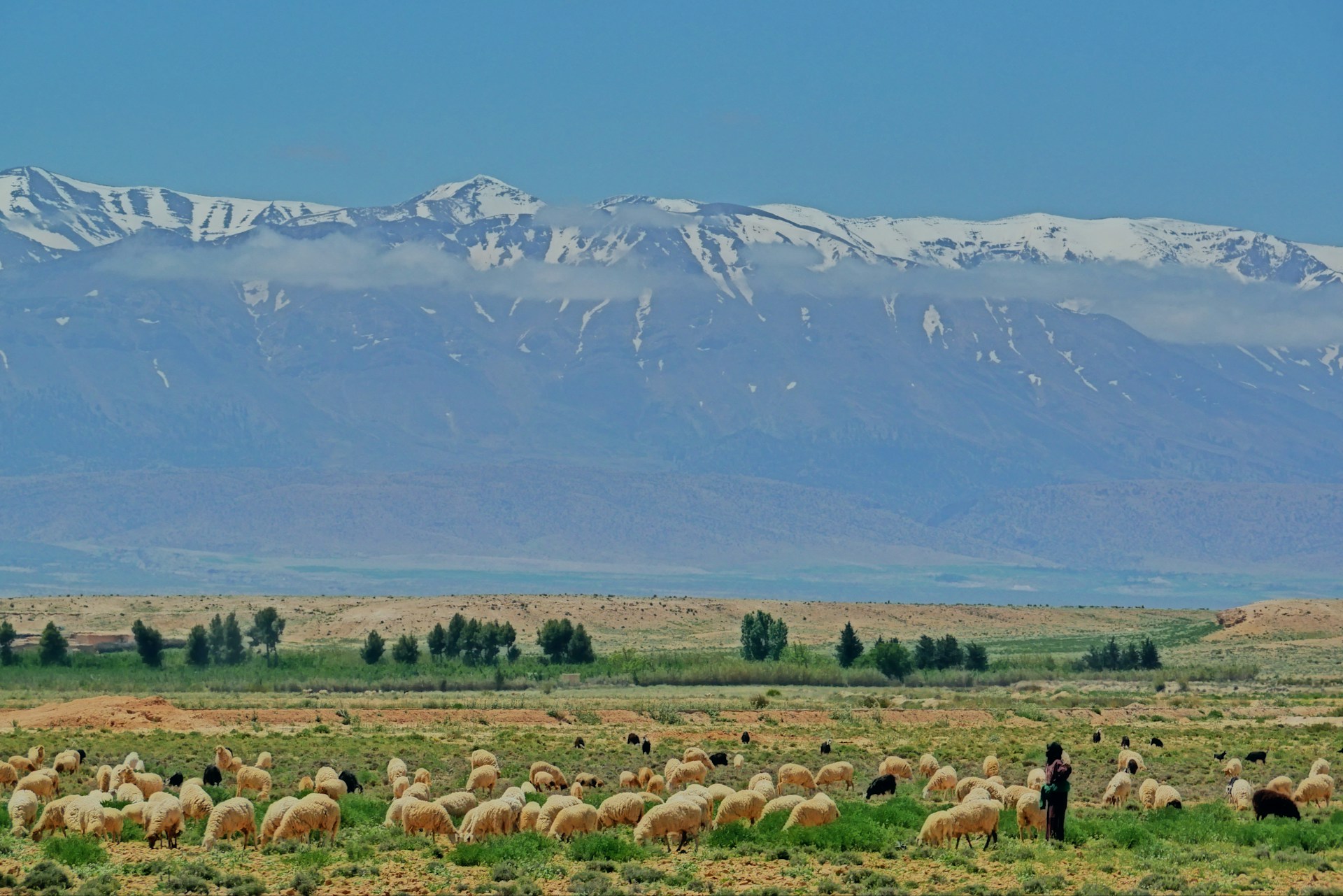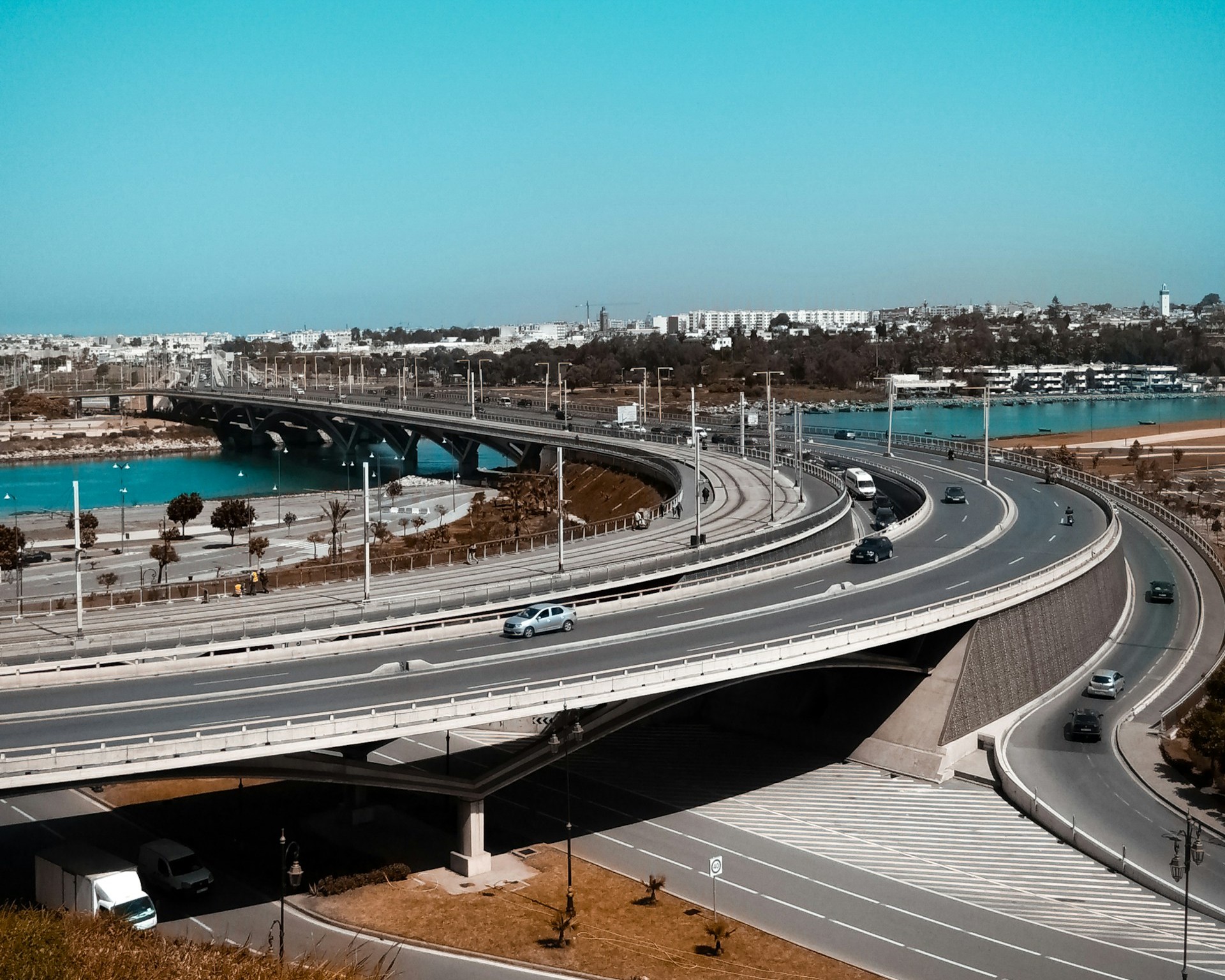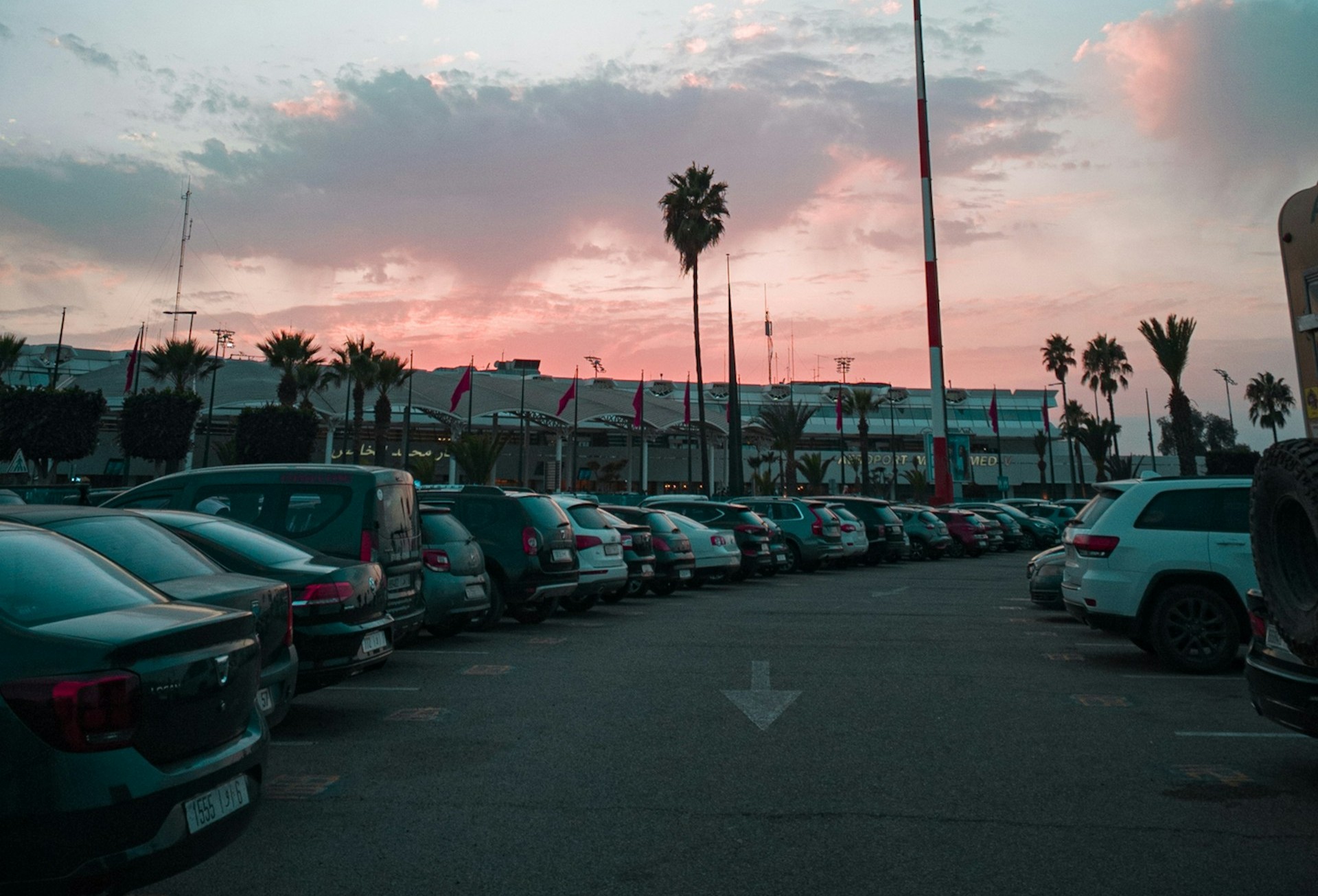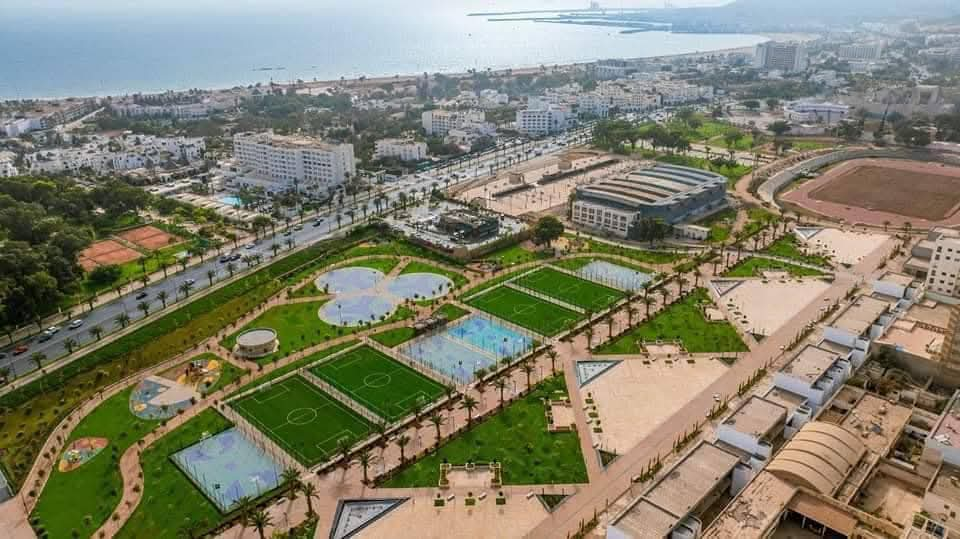Casablanca – Morocco is setting an ambitious course for a green energy future, with plans to reduce its energy consumption by 20% by 2030, while simultaneously accelerating its renewable energy projects to meet growing national demand. Energy Transition and Sustainable Development Minister Leila Benali has outlined key measures that will guide the country’s path to energy sustainability, making it a regional leader in Africa’s green energy transition.
A strategic focus on energy efficiency
One of the cornerstones of Morocco’s energy strategy is its focus on energy efficiency, which Minister Benali describes as the “second pillar” of the national energy plan. The country aims to save at least 20% of its energy by 2030 through a combination of policy reforms, technological advancements, and public-private sector collaboration.
At a recent meeting in the House of Representatives, Benali explained that the country’s new energy efficiency approach aligns with the objectives of Morocco’s Sustainable Development Strategy and the recommendations of the New Development Model (NMD). The approach targets key sectors, including transport, buildings, industry, agriculture, and public lighting.
“We are embedding energy efficiency into new investment projects, incorporating it into public spending, and ensuring it is central to the priorities of both professionals and citizens,” Benali said. This shift in priorities is expected to make a significant impact, particularly in sectors like public lighting, where energy savings of 40% are expected.
Job creation and economic growth
Energy efficiency is also seen as a key driver of job creation. According to Benali, Morocco is projected to create around 100,000 jobs in the energy sector by 2030, with new opportunities in energy management, green technologies, and energy conservation practices. This growth is expected to be fueled by ongoing renewable energy initiatives, including the 6.58% energy savings already recorded in 2020.
Renewable energy push
Morocco’s renewable energy sector is undergoing rapid expansion. The country has already authorized over 2,000 MW of renewable energy projects during the current government’s term, representing investments of approximately $2 billion. These projects have already created more than 300 direct jobs and thousands of indirect jobs, and this is just the beginning. Morocco aims to generate 52% of its energy from clean, renewable sources by 2030.
One of the country’s flagship renewable energy projects is the Noor Ouarzazate solar complex, one of the largest concentrated solar power plants in the world. Morocco also has an aggressive plan to add more than 9 GW of renewable capacity by 2027, which will contribute to meeting the nation’s growing electricity demand.
Infrastructure investments and private sector involvement
To support its ambitious renewable energy and efficiency goals, Morocco plans to invest nearly $3 billion in its national electricity transmission network between 2024 and 2030. This investment excludes a major 3 GW high-voltage power link project aimed at connecting the South and Center of the country. For the first time, private sector participation will be allowed if needed to help develop the network.
Benali highlighted the importance of improving governance and regulatory oversight to ensure the success of these initiatives. Strengthening the National Electricity Regulatory Authority (ANRE) and separating the accounting processes at ONEE (National Office of Electricity and Drinking Water) will increase transparency and efficiency across the sector.
A green future for Morocco
Morocco’s commitment to energy transition is not just about reducing its carbon footprint; it is a key component of its broader sustainable development goals. With ambitious renewable energy projects underway, an increased focus on energy efficiency, and strategic investments in infrastructure, Morocco is on track to become a model for green energy transition in Africa. Through these efforts, the country aims to reduce its energy costs for citizens, create thousands of jobs, and pave the way for a cleaner, more sustainable future.
